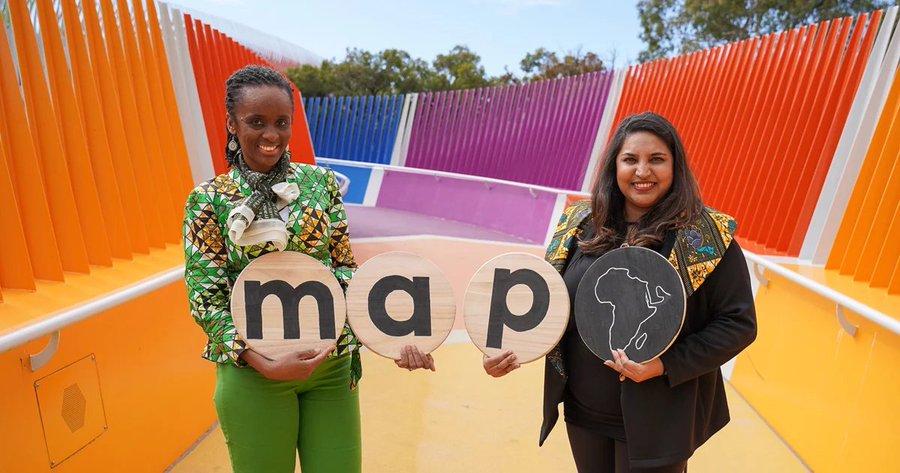
NEW PROJECT: $5m grant for cutting-edge malaria research in Africa

Malaria Atlas Project (MAP), the world's leading malaria database, has secured a substantial $16 million grant from the Bill & Melinda Gates Foundation. Notably, more than $5 million of this foundation grant will be dedicated to establishing and supporting the East Africa Node housed within the Ifakara Health Institute.
This strategic move recognizes the significant burden of malaria in Sub-Saharan Africa, where 95% of cases and deaths occur.
The East Africa MAP Node, led by Dr. Susan Rumisha, is set to operate closely with the Perth Node, led by Kerry Stokes, Chair in Child Health at Curtin University and Telethon Kids Institute, Professor Peter Gething. This collaboration aims to drive forward world-leading research with the goal of eliminating malaria.
Professor Gething expressed his excitement about the new chapter for MAP, emphasizing the positive impact of having an on-the-ground presence in Africa. “Bringing the MAP team to Africa will allow us to significantly boost research in the region as well as strengthen research capacity in a continent where malaria is endemic,” he said.
The four-year project, starting 2023 and ending in 2027, aims to develop and maintain data and modeling platforms. This initiative will focus on utilizing advanced technology to innovate cutting-edge solutions for malaria policy planning, monitoring, and evaluation.
The project involves collaboration between Ifakara Health Institute, Telethon Kids Institute, and Curtin University, working together under the Map East Africa Nodes banner.
Dr. Rumisha will be joined by East Africa Node technical lead, Dr. Punam Amratia, together they will work towards enhancing the geospatial modeling skills of early to mid-career African researchers and prioritize African leadership in utilizing advanced analytical tools for malaria control, elimination, and eradication in Sub-Saharan Africa.
Professor Gething, stressed that the foundation's continued support is instrumental in MAP's success, allowing the team to generate crucial geospatial malaria modeling and analytics annually.
These efforts form the backbone of official WHO/UN malaria tracking, shaping the annual WHO World Malaria Report and contributing to the malaria component of the Global Burden of Disease Study.
To learn more about the MAP Node project click here
_______
This article’s information was sourced from the Telethon Kids Institute website, read the original article here.
